The study of economics does not seem to require any specialised gifts of an unusually high order
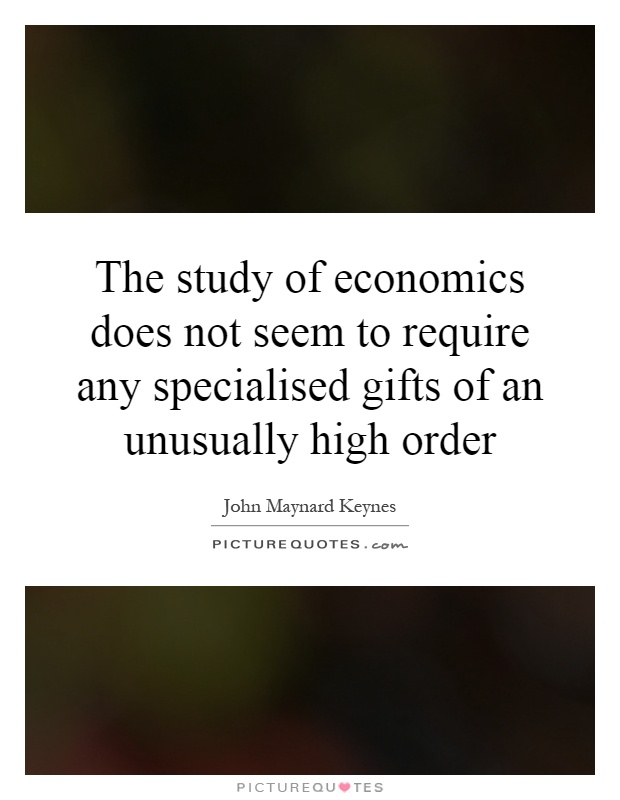
The study of economics does not seem to require any specialised gifts of an unusually high order
John Maynard Keynes, one of the most influential economists of the 20th century, famously stated that "the study of economics does not seem to require any specialised gifts of an unusually high order." This statement reflects Keynes' belief that economics is a discipline that can be understood and mastered by anyone with a basic level of intelligence and dedication.Keynes himself was a prime example of this belief. Despite not having a formal education in economics, he was able to make significant contributions to the field through his groundbreaking theories and ideas. Keynes' work on macroeconomics, particularly his theory of aggregate demand and his advocacy for government intervention in the economy, revolutionized the way economists and policymakers think about economic policy.
Keynes' belief that economics does not require specialized gifts of an unusually high order is supported by the fact that many of the most influential economists in history did not have formal training in the field. Adam Smith, often considered the father of modern economics, was a moral philosopher by training. Friedrich Hayek, another Nobel Prize-winning economist, studied law and psychology before turning to economics. These examples demonstrate that a deep understanding of economics can be achieved through self-study, curiosity, and a willingness to challenge conventional wisdom.
Furthermore, Keynes' statement highlights the importance of accessibility in economics. By suggesting that economics does not require specialized gifts, Keynes is emphasizing that anyone can engage with economic ideas and contribute to the field. This inclusivity is crucial for the advancement of economic knowledge and the development of effective economic policies that benefit society as a whole.
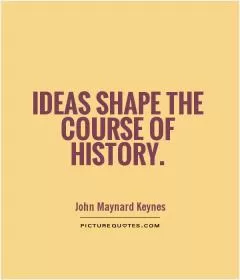
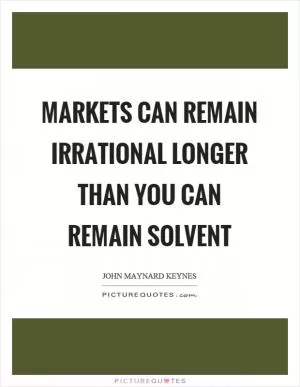
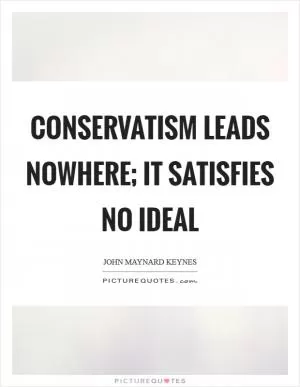
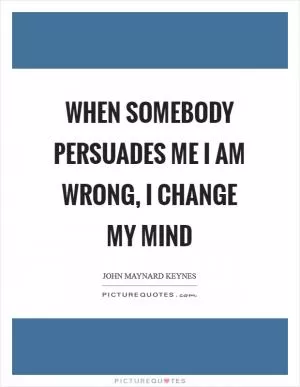
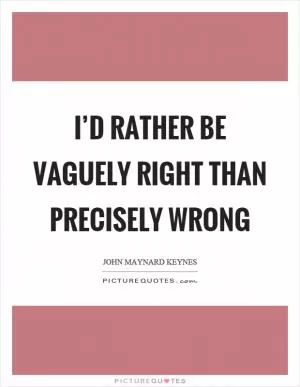
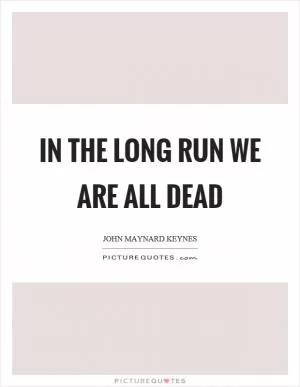
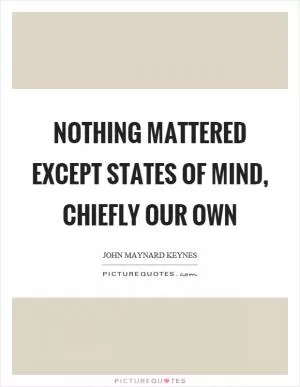



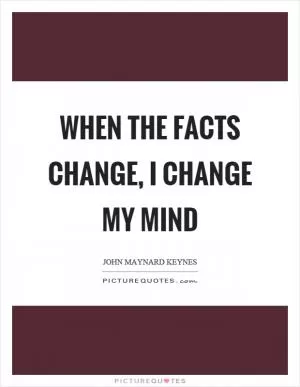

 Friendship Quotes
Friendship Quotes Love Quotes
Love Quotes Life Quotes
Life Quotes Funny Quotes
Funny Quotes Motivational Quotes
Motivational Quotes Inspirational Quotes
Inspirational Quotes